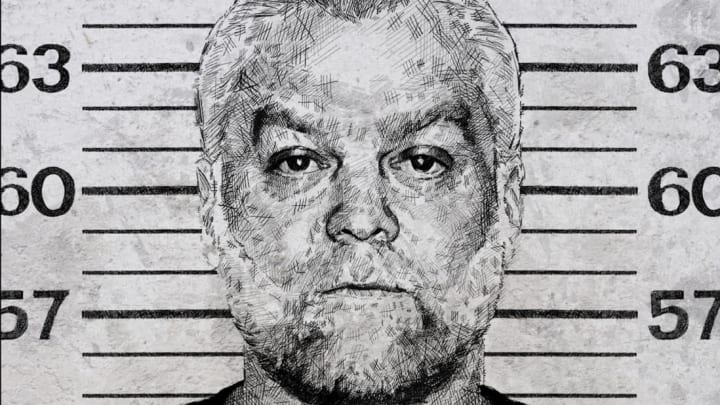Netflix's Making a Murderer Part 2 Set to Premiere on October 19

Netflix CEO Reed Hastings didn't see it coming: When the company dropped its 10-part true crime series, Making a Murderer, into its streaming pool back on December 18, 2015, Hastings said his main thought was, "I hope it wins some awards, because it’s not going to be popular.” Hastings was wrong. Really, really wrong.
Seemingly overnight, the true crime docuseries—which told the unbelievable story of Steven Avery, a then-54-year-old Wisconsin man who spent 18 years in prison after being wrongfully convicted of a sexual assault (DNA evidence freed him in 2003) and who is currently in prison for a murder he may or may not have committed—was all anyone could talk about.
But the chatter went far beyond rehashing Avery's biggest WTF moments; it stimulated real and far-reaching debates about the guilt or innocence of Avery and his nephew (and co-defendant) Brendan Dassey (whose conviction was overturned in 2016, yet he remains in prison), and about the American justice system as a whole. Now, viewers will get a chance to see more of the story.
More than two years after confirming that Netflix has re-enlisted directors Moira Demos and Laura Ricciardi—who spent 10 years creating the original series—to produce more episodes, Making a Murderer Part 2 finally has a release date: October 19, 2018.
The new season will focus on the post-conviction process for both Avery and Dassey, as they challenge their convictions. Which means that in addition to some familiar faces from the first season, we'll be introduced to some new ones—including Kathleen Zellner, Avery’s post-conviction lawyer, and lawyers Laura Nirider and Steven Drizin of Northwestern University’s Center on Wrongful Convictions of Youth, who have been working with Dassey on his appeals.
"Steven and Brendan, their families, and their legal and investigative teams have once again graciously granted us access, giving us a window into the complex web of American criminal justice," Ricciardi and Demos said in a statement. "Building on Part 1, which documented the experience of the accused, in Part 2, we have chronicled the experience of the convicted and imprisoned, two men each serving life sentences for crimes they maintain they did not commit. We are thrilled to be able to share this new phase of the journey with viewers."